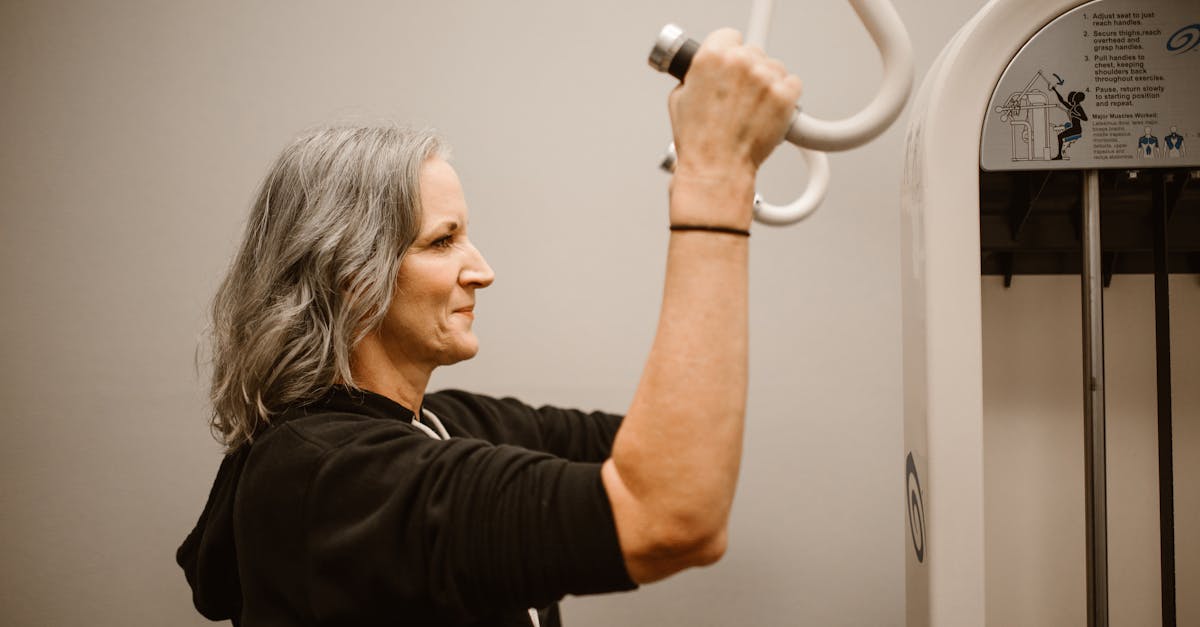The Science Behind Meditation and Its Health Impact
Introduction
Meditation—an ancient practice rooted in mindfulness—has grown popular worldwide for its health benefits. Science has begun unraveling how meditation affects the brain and body, supporting many traditional beliefs with empirical evidence. Understanding the mechanisms behind meditation's effects can deepen its practice and efficacy.
Advertisement
Brain Structure and Connectivity
Research shows that regular meditation influences brain structure and function, promoting neuroplasticity—the brain's ability to reorganize itself. MRI scans reveal increased gray matter volume in regions linked to emotion regulation and decision making. Enhanced connectivity between neural networks involved in attention and self-regulation has also been noted, leading to improved cognitive function.
Advertisement
Stress Reduction
One of the most widely acknowledged benefits of meditation is its ability to alleviate stress. It does so by activating the parasympathetic nervous system, which counteracts the body's 'fight or flight' response. Studies highlight decreased cortisol levels—a stress hormone—among regular practitioners, fostering a sense of calm and relaxation.
Advertisement
Enhancing Emotional Health
Meditation contributes positively to emotional well-being by reducing symptoms of anxiety and depression. Mindfulness practices encourage individuals to focus on the present moment, diminishing rumination—a common feature in mental health disorders. Meditation increases emotional resilience by fostering acceptance and awareness.
Advertisement
Improving Concentration and Memory
Meditation is known to bolster concentration and clarity. Techniques like focused attention meditation enhance the brain's cognitive functions, leading to heightened attention span and processing speed. Memory retention benefits as mindfulness promotes deeper encoding of information, aiding in effective recall.
Advertisement
Impact on Physical Health
Beyond mental health, meditation impacts physical health, influencing heart rate, blood pressure, and immune system function. It fosters better cardiovascular health by reducing blood pressure and promoting lower heart rates, reducing risks associated with heart diseases. Meditative breathing techniques have shown potential in boosting immune responses, making the body more resilient to illness.
Advertisement
Pain Management
Scientific studies have demonstrated meditation's ability to alter pain perception, reducing the intensity of chronic pain experiences. This effect is linked to changes in brain areas that regulate pain and increase tolerance. Regular practice aids pain management without relying heavily on pharmaceuticals, benefitting those with chronic conditions.
Advertisement
Sleep Enhancement
For individuals grappling with sleep issues, meditation offers a natural remedy. By calming the mind and reducing overall excitement, meditation improves sleep quality and length, decreasing incidences of insomnia. Mindfulness practice promotes relaxation, ensuring a deeper and more restorative sleep cycle.
Advertisement
Promoting Healthy Aging
Meditation may contribute to healthy aging by promoting mental acuity and emotional stability. Regular practice is associated with reduced age-related cognitive decline, preserving memory and attention. Meditation's potential to improve gene expression linked to longevity highlights its role in promoting a longer, healthier life.
Advertisement
Conclusion
As research continues to delve into the benefits of meditation, evidence mounts supporting its status as a valuable tool for enhancing well-being. Its diverse impacts span mental, emotional, and physical health domains, offering holistic advantages. Incorporating meditation in daily life could significantly boost health, underscoring its relevance in modern wellness practices.
Advertisement


